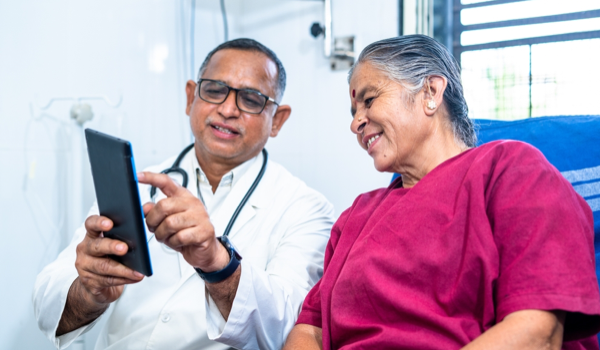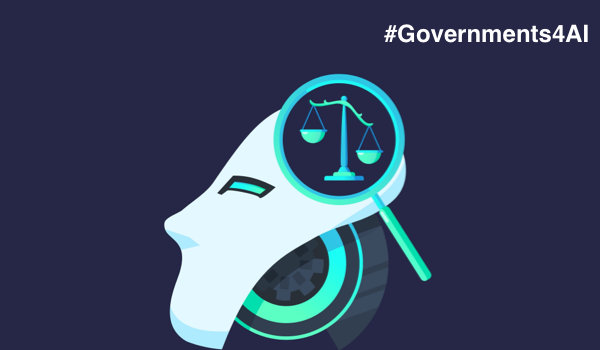


BENGALURU, INDIA - Health systems rely on algorithms to identify and help patients with complex health needs regardless of their demographic. Equity in healthcare remains a continual pursuit and one that has not yet been addressed. Over the years, significant disparities in health outcomes have been recognized and have remained stubbornly persistent for decades.
The causes are complex, and solutions involve political, social, and educational changes, which can be difficult to properly implement. However, certain low-hanging fruit can be addressed immediately by leveraging artificial intelligence (AI) to ensure diversity and inclusion across clinical trials, whose unfairness skews healthcare access, delivery, and quality, and costs billions of dollars each year due to inefficiency and suboptimal health.
Clinical research is key to developing new medical treatments, and clinical trial participants should fully reflect the demographics of patients who receive therapies. Many diseases disproportionately impact ethnic minorities, but these are often underrepresented in clinical research. This is especially problematic in the United States and other countries with diverse populations, though it is also an issue in other developed nations, not to mention low- and middle-income ones. This lack of representation in research has led to an incomplete understanding of how different diseases impact different segments of people, and how effectively treatments work in the real world.
Sadly, large slices of the US population are inadequately represented in clinical studies, so clinicians lack data on new discoveries that may prevent disease and extend life in many patients. This includes underrepresented racial and ethnic populations, LGTBQIA+ groups, those with disabilities and who are pregnant, or even lactating. Inadequate representation of such groups leads to an incomplete understanding of the safety and efficacy of new drugs, devic
The content herein is subject to copyright by The Yuan. All rights reserved. The content of the services is owned or licensed to The Yuan. Such content from The Yuan may be shared and reprinted but must clearly identify The Yuan as its original source. Content from a third-party copyright holder identified in the copyright notice contained in such third party’s content appearing in The Yuan must likewise be clearly labeled as such. Continue with Linkedin
Continue with Linkedin
 Continue with Google
Continue with Google









 625 views
625 views








